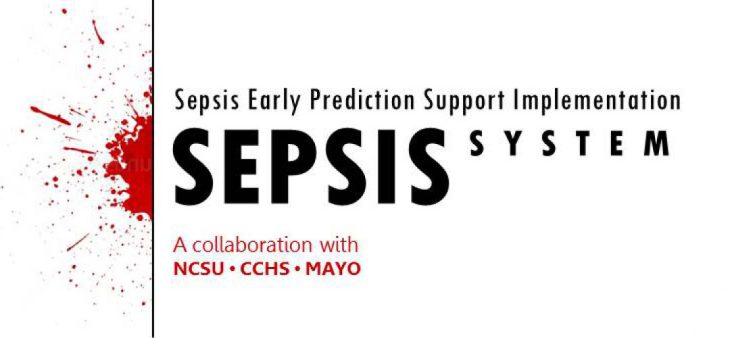
Sepsis, defined as infection plus systemic manifestations of infection, is the greatest in-hospital cause of mortality and source of expense. This is due, in part, to difficulties in diagnosis and delayed treatment. Awareness of Sepsis is low; many septic patients are under-diagnosed at an early stage when aggressive treatment could still reverse the course of the infection, improve outcomes and decrease mortality.
For every one hour delay in treatment of severe sepsis/shock with antibiotics, there is 10% decrease in patient survival probability. While several studies demonstrate that abnormal vital signs precede events such as septic shock and death, there are many barriers to timely diagnosis and effective treatment of sepsis: 1) Diagnosis is difficult—sepsis syndrome has a broad definition and manifests a wide array of symptoms; 2) Response and treatment depend on many factors including the type of infection and the predisposition; 3) Translation into practice—no clinical consensus exists for how to operationalize current sepsis staging framework, and impact of treatment guidelines on the hospital system are not well understood.
Early diagnostic and data-driven response to sepsis and sepsis-induced physiological deterioration has the potential to impact the patients’ health trajectory. The goal of this research project is to overcome these barriers by integrating electronic health records (EHR) and clinical expertise to provide an evidence-based framework to diagnose and accurately risk-stratify patients within the sepsis spectrum, and develop and validate intervention policies that inform sepsis treatment decisions.